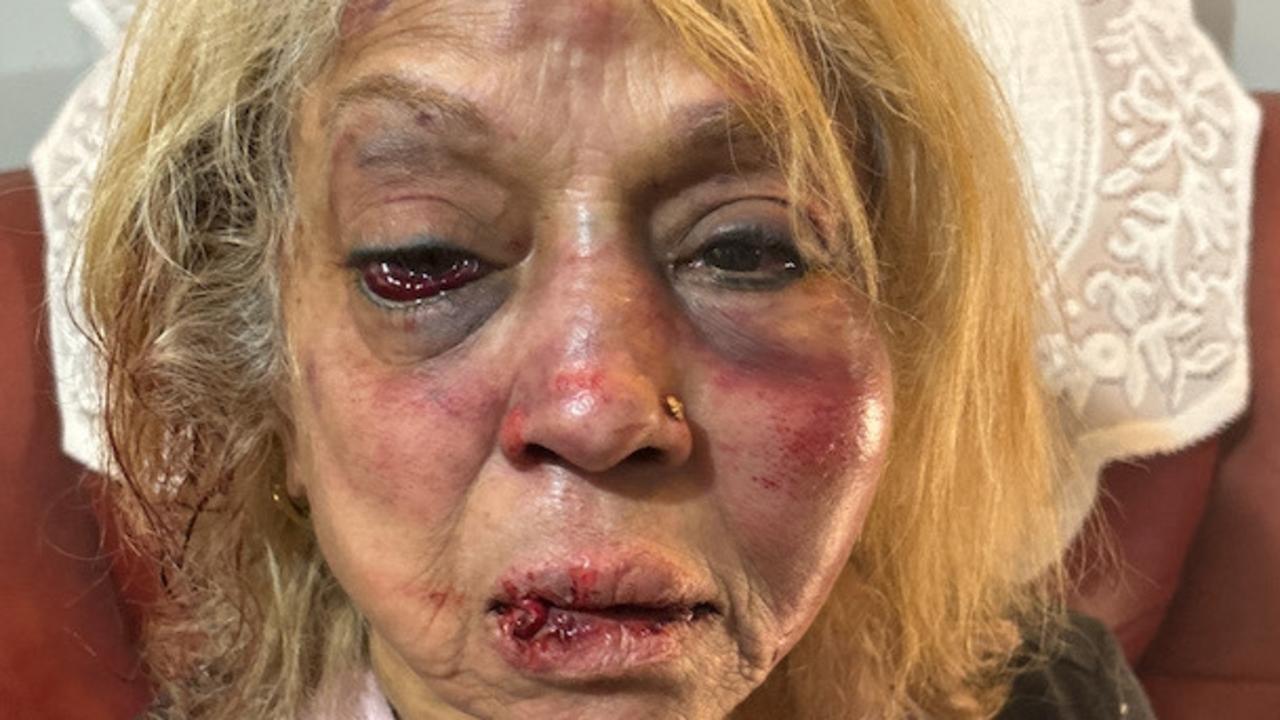
Ministers Clare O’Neil and Andrew Giles are dodging the spotlight shining on blunders over ex-detainees, writes political columnist MICHELLE GRATTAN.
A key part of the Albanese government’s political strategy is to fill the news cycle with its presence and messaging. Ministers are deployed to the maximum, even when they’ve little to say.
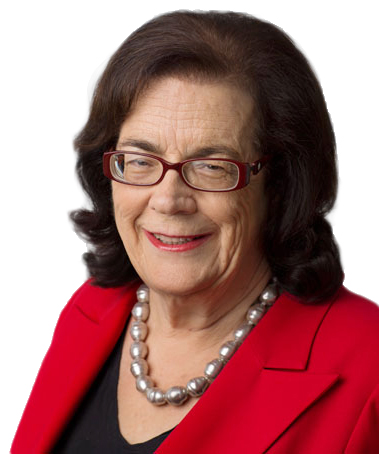
This week we’ve seen an opposite tactic. The government has done its best to limit, to the extent possible, ministerial visibility on a story that is bad for it.
Home Affairs Minister Clare O’Neil and Immigration Minister Andrew Giles went to ground after it was reported one of the about 150 former immigration detainees, released late last year, was among three people who allegedly committed a violent house invasion in Perth in April.
In the incident, the perpetrators allegedly posed as police officers to get into the house of the elderly couple. The wife, Ninette Simons, suffered severe injuries to her face. Her husband was allegedly tied up.
After the matter was reported, the ministers did a single interview each: Giles on ABC radio late Tuesday, and O’Neil on her regular Seven Sunrise spot on Wednesday. There should have been a full-scale news conference.
The ministers tried to justify avoiding the media by arguing the former detainee, Majid Jamshidi Doukoshkan, is before the courts. He’s charged with aggravated home burglary, robbery, impersonating a public officer, assault and detaining a person.
The ministers’ excuse for their reticence doesn’t wash, because the matter goes to wider issues around inadequacies in how these detainees, including Doukoshkan, have been handled. There are serious questions about ministerial responsibility and administrative competence (or incompetence) that need to be answered.
It is not as though we’re dealing just with history. Given what’s happened so far with this cohort, it’s possible – even likely – there will be future incidents (indeed, another man was arrested on Wednesday over curfew breaches).
A significant number of the former detainees have run foul of the law since their release. On figures from early February, revealed in Senate estimates, some 18 had been charged with state or territory offences. Five people have been charged with visa breaches since March 13. There were others before that but because it was found invalid visas had been issued to the ex-detainees, those cases were dropped.
The government insists it has put in place all the measures it can to ensure the ex-detainees are monitored so they don’t pose threats to the community.
The opposition contests this. It also argues all these people shouldn’t have been let out in the wake of the High Court decision that related specifically to one person. The government says it had no choice but to release them all.
Let’s assume the government is right in its insistence about the mass release. What followed that release has been a shemozzle.
The ex-detainees are supposed to be fitted with ankle brackets, where that’s considered necessary for their close monitoring. This is done on the recommendation of an expert Community Protection Board the government set up.
Doukoshkan earlier had a bracelet; before his alleged role in the home invasion, this was apparently removed, on the recommendation of the board.
Pushed for an explanation on this on Thursday, Prime Minister Anthony Albanese told the ABC: “Well, the Community Protection Board is, of course, a board that’s independent of politicians”. As to whether the board had failed, “It’s not appropriate for me to comment on individual cases, particularly ones that are before the courts”.
This is a brush-off. Apart from the fact the board provides “recommendations” to the immigration minister (or his delegate), the public deserves to be told why this person was not wearing a bracelet. It’s hard to see how providing that information would interfere with the court case.
Born in Kuwait, 43-year-old Doukoshkan had been convicted in 2017 of drug trafficking.
This year he was released on bail three times. He was charged with a visa breach for curfew breaks – a federal offence. The other instances related to offences under WA law. He received bail the third time in mid-April after he faced a state drug charge.
There’s been much confusion on what precisely was the Commonweath’s position on bail in the federal case. Federal government talking points – revealed by Sky this week – wrongly said it had opposed bail. According to a report in the West Australian at the time, “Counsel for the Commonwealth did not oppose bail but warned: ‘Further breaches may not have the same response’”. The magistrate involved told Doukoshkan he was on thin ice and she wouldn’t have granted bail had the Commonwealth not been so “generous”. (Eventually that charge was withdrawn, because of the invalid visa hitch.)
State as well as federal authorities are involved in dealing with former detainees. But overall responsibility must be sheeted home to the federal government.
The Albanese government rushed through legislation to give it the power to apply to a court to preventatively detain these people if they were judged at a high risk of committing serious, violent or sexual crimes.
So far, no applications have been made. The government says it takes time to prepare strong cases. Albanese had all sorts of qualifications when pressed on Wednesday but said, “I want to see it happen as a matter of urgency”.
Next week we will get the report of the Senate inquiry into the government’s proposed legislation relating to people it is trying to deport. This legislation was driven by fears about another High Court case that, if the government loses, would pave the way for more people to be released. (The conventional wisdom is that the government will probably win this case.)
The legislation targets non-citizens who refuse to co-operate with their removal. They’d face a mandatory year’s jail, with a maximum of five years. Countries refusing to accept involuntary returnees would also face sanctions, with their citizens (with some exceptions) unable to get visas to come to Australia.
The government in the last sitting tried to accelerate this legislation through parliament on the assumption – which proved wrong – that the opposition wouldn’t dare delay it.
The bill has faced extensive criticism, but that coming this week from the Tamil family in Biloela must have been particularly galling for the government. Priya Murugappan said: “If this deportation bill was around a few years ago, my husband and I would have been put in jail because we did not agree to go back to Sri Lanka. Our girls would have been taken away from us by the government. We might still be in jail, instead of living safely here as a family. This shouldn’t happen to other people like us.”
One of the Albanese government’s first acts was to return the family to Biloela, promising them permanency.![]()
Michelle Grattan, Professorial Fellow, University of Canberra. Republished from The Conversation.
Who can be trusted?
In a world of spin and confusion, there’s never been a more important time to support independent journalism in Canberra.
If you trust our work online and want to enforce the power of independent voices, I invite you to make a small contribution.
Every dollar of support is invested back into our journalism to help keep citynews.com.au strong and free.
Thank you,
Ian Meikle, editor
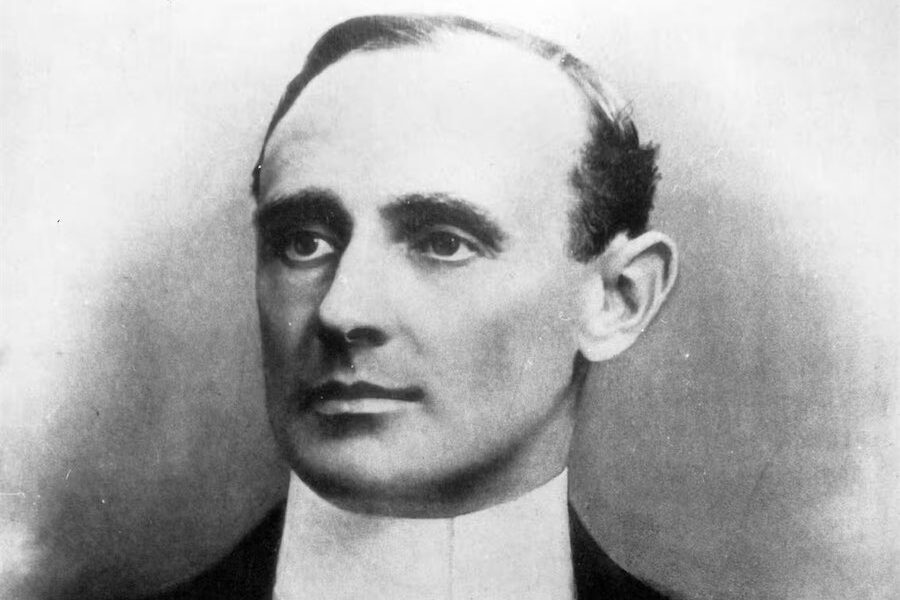
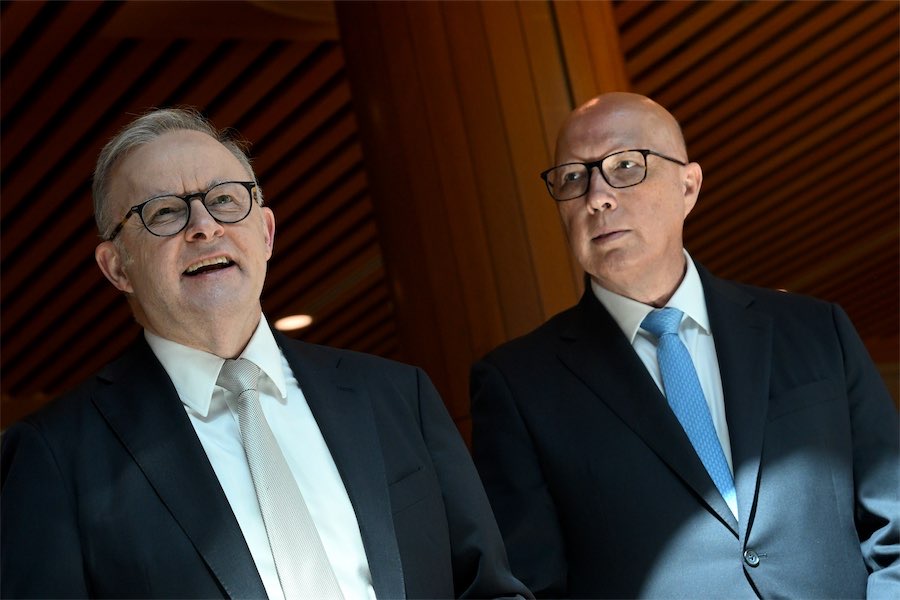
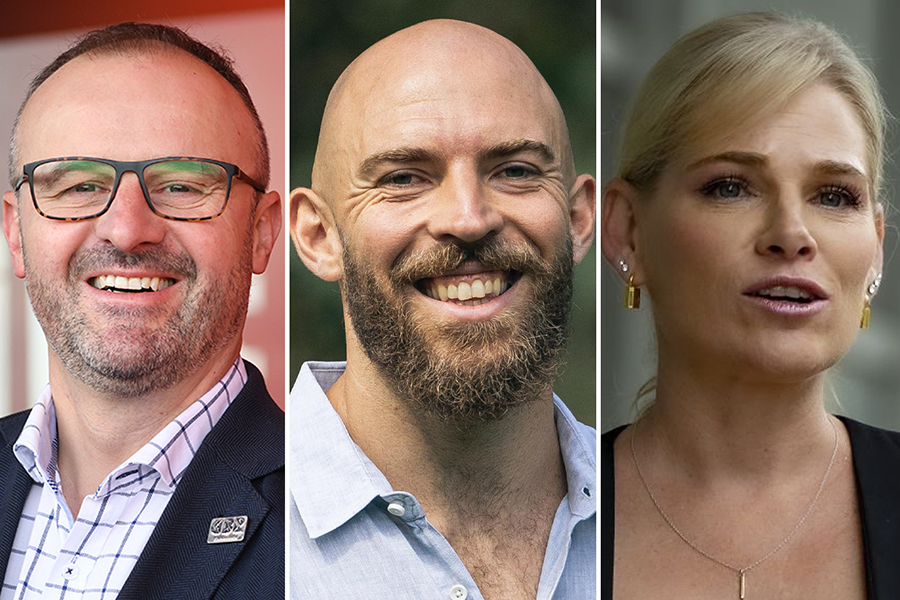

Leave a Reply